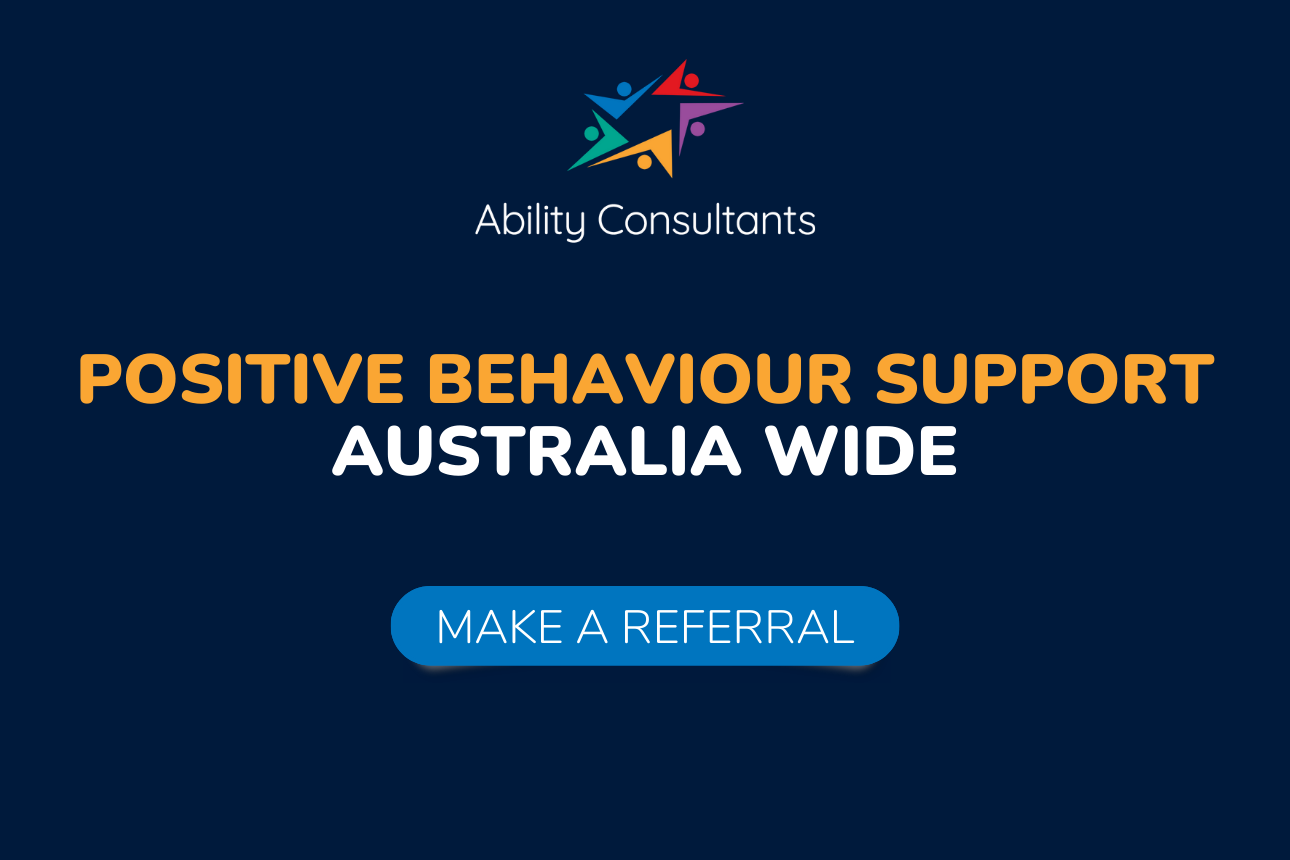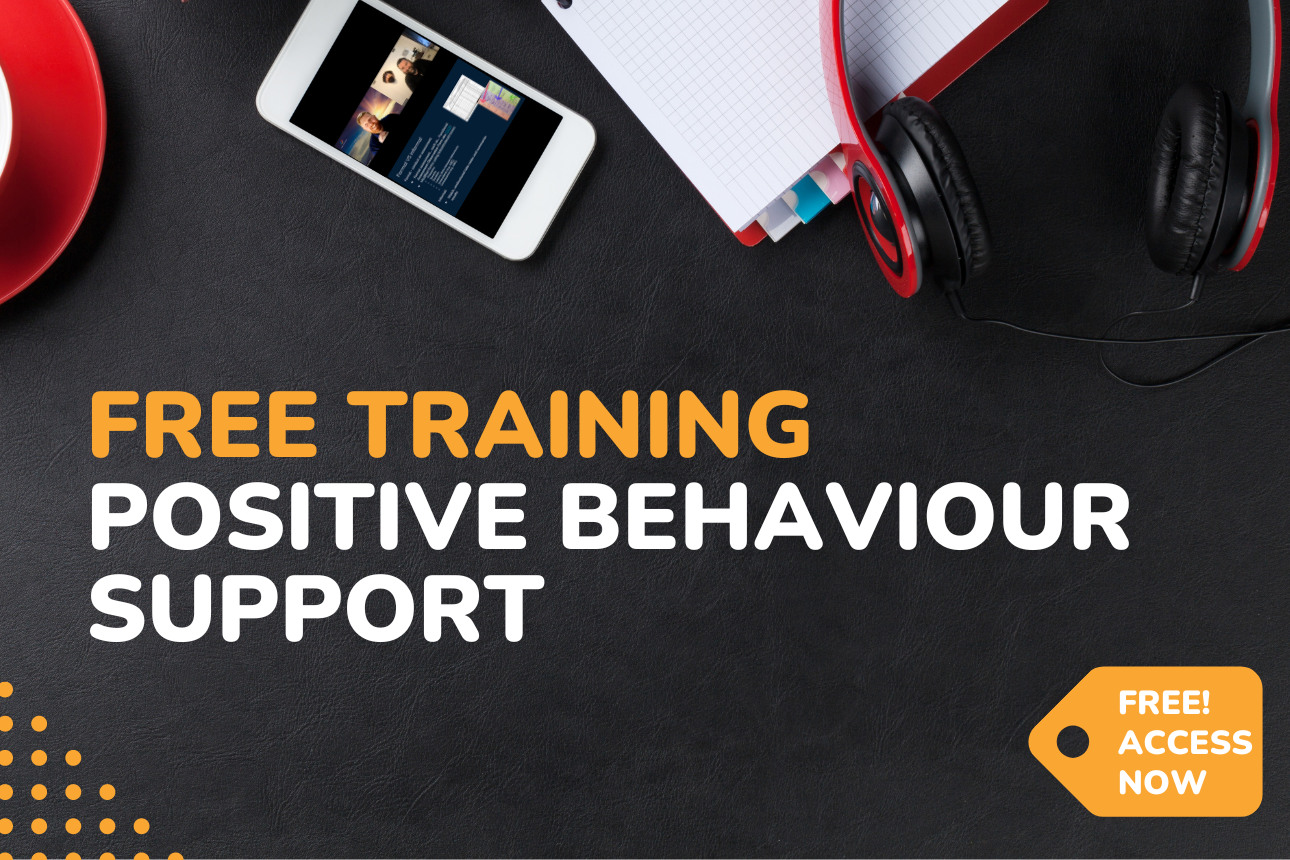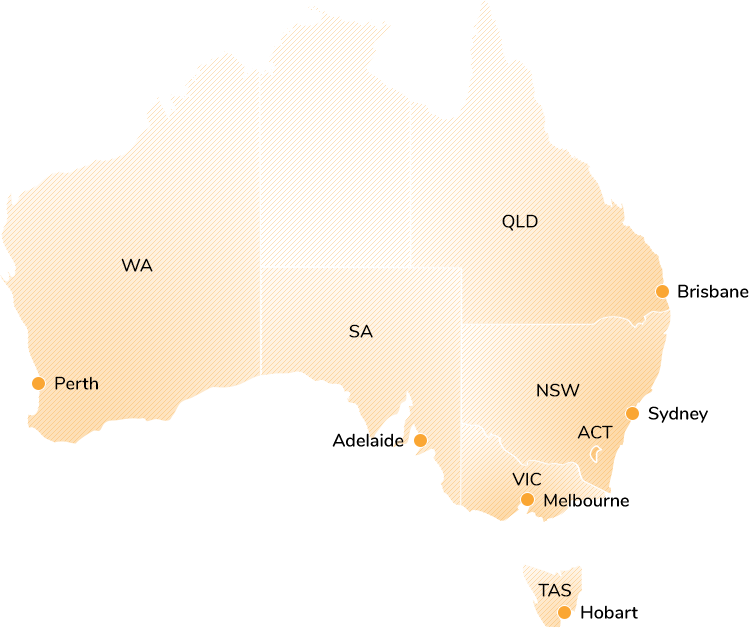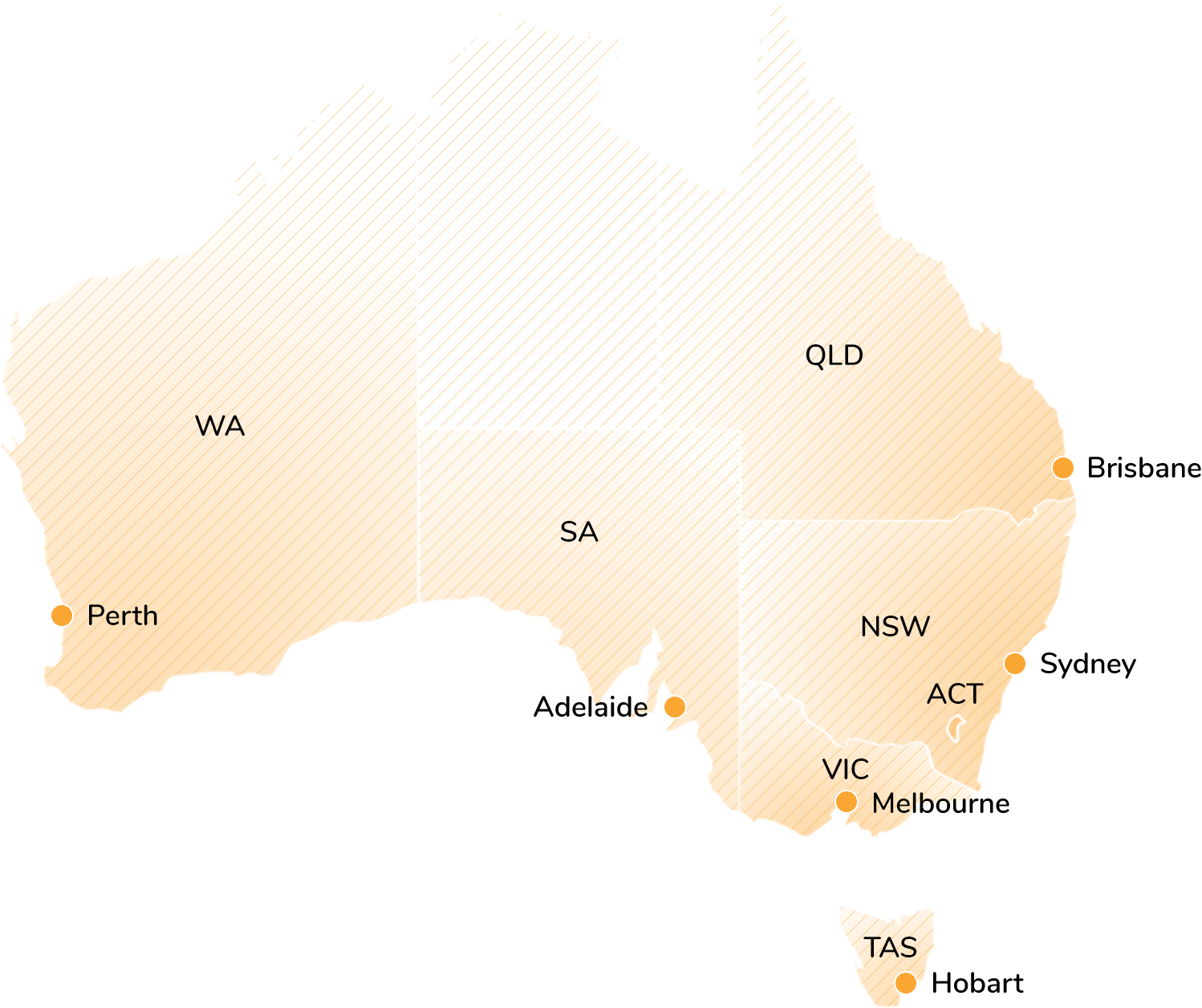What is Positive Behaviour Support? How do I make a referral for PBS?
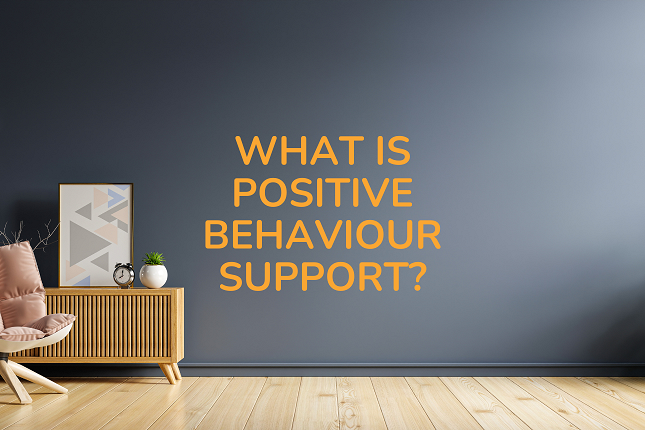
You might be wondering, “What is Positive Behaviour Support?” We hope to provide clarity about Positive Behaviour Support (PBS) and how it can help you.
What is Positive Behaviour Support?
Positive Behaviour Support transforms a person’s quality of life by building new support strategies, skills and behaviours to meet their needs and goals.
PBS is based on understanding, and working on:
- your existing routines, values, social connections and personal strengths;
- any behaviour that is a challenge for you;
- new ways to meet your needs that don't require challenging behaviour; and
- positive behaviours and skills you aim to develop to meet goals that matter to you.
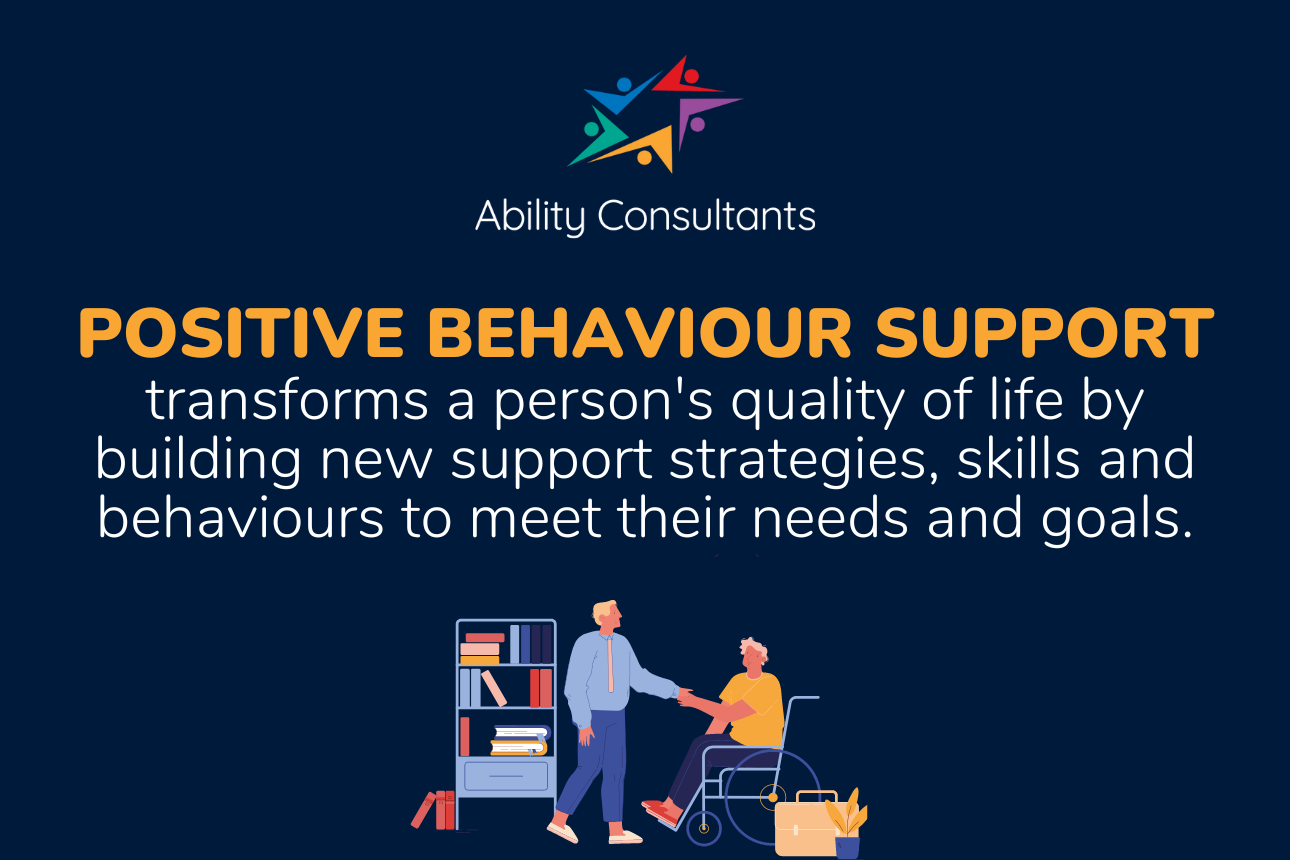
Positive behaviour support is all about helping a person and the people around a person with behaviours that can be challenging. We call these "behaviours of concern".
Positive Behaviour Support and behaviours of concern
When we answer the question, “What is Positive Behaviour Support?”, it’s important to consider behaviours of concern.
Behaviours of concern can include behaviours which are causing distress, danger or disruption to a person or the people around them. Behaviours of concern might impact on a person's wellbeing and future capacity. For example, a behaviour of concern might be compulsively running into traffic or undoing a seatbelt while driving, or anything aggressive that we're not sure about, such as pushing, hitting, biting.
Behaviours of concern can also be about people withdrawing suddenly or without knowing why. It could also involve being overly nice or compliant and saying yes all the time. There's a wide range of behaviours of concern. As behaviour support practitioners we look for the reason behind the behaviour of concern which is called the "function of behaviour".
This is often complex and unique for each individual. We try to understand what might be happening for a person when we see, hear or observe a behaviour of concern. We do this by carrying out assessments, interviews and observations over time.
Here’s a video answering your question, “What is Positive Behaviour Support?”
Person-centred Positive Behaviour Support
Positive behaviour support is anchored and grounded in the science of applied behaviour analysis. At Ability Consultants, we adopt a person-centred and a strengths-based framework to create a positive behaviour support plan which focuses on meeting your needs and goals.
Person-centred support means that we put you at the centre of your support, including your goals, what you want to achieve through PBS and how PBS affects you. We do this by involving you as much as possible in our process of developing your behaviour support plan and functional assessment.
Taking this approach, we believe and have experienced that person-centred support puts the person ahead of the behaviour and shifts the focus to the person rather than behaviour, leading to more awareness, less assumptions and judgement and hopefully less fear and more empowered support.
We hope we've answered your question, "What is positive behaviour support?"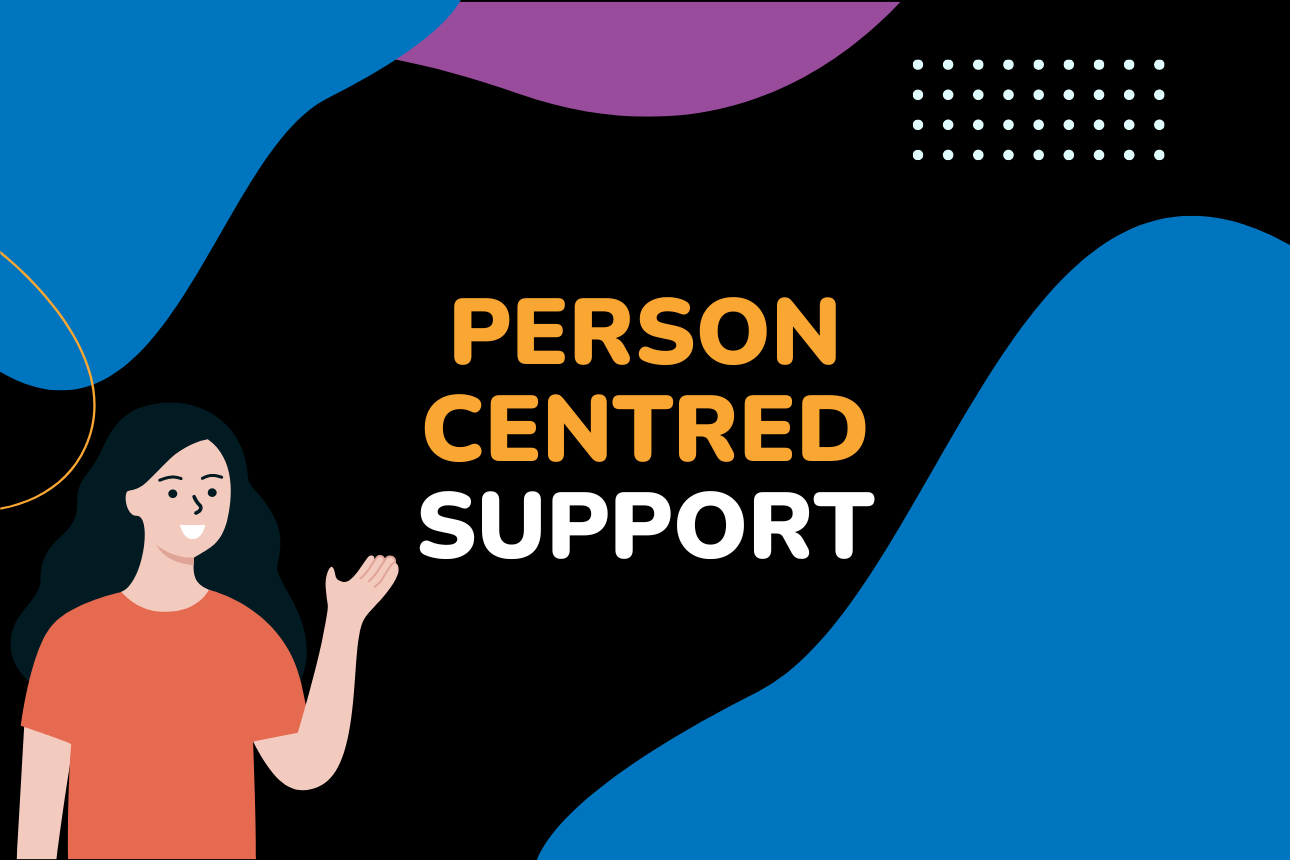
What is a Positive Behaviour Support plan?
You may have noticed that your NDIS Plan includes a Positive Behaviour Support Plan. If you’re wondering what a PBS plan is, you can find more information in our article "What is a positive behaviour support plan?". We explain what a PBS plan is and how we develop your plan, giving you an idea of what to expect from your PBS practitioner. Here’s a sneak peek:
We specialise in Positive Behaviour Support
Our mission at Ability Consultants is to create freedom and social connection through easy access to Positive Behaviour Support. We support NDIS participants throughout Australia, in NSW, QLD, Victoria, Tasmania, South Australia, the ACT and Western Australia.
Do you have more questions after reading our article, “What is Positive Behaviour Support?” We’re more than happy to help — please feel welcome to contact our team on 1300 694 625 or by using our contact form.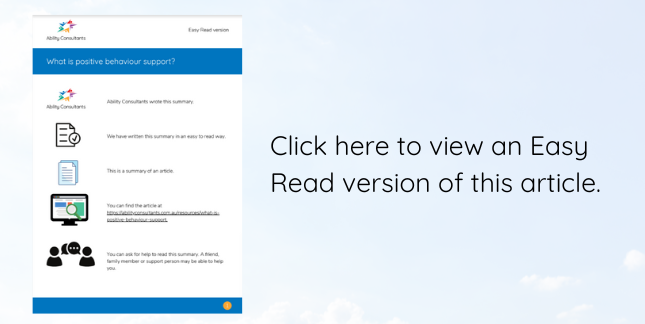
How to make a referral for Positive Behaviour Support
If you're ready to get started with Positive Behaviour Support, make a referral anytime on our website.
Anyone can make a referral for Positive Behaviour Support, including NDIS participants, parents, family members, support coordinators, NDIS Local Area Coordinators, doctors, allied health professionals and more.
Free Positive Behaviour Support training
If you’re a practitioner looking for FREE Positive Behaviour Support training, you might value our free PBS training, available for free, to all practitioners and interested individuals at any time. Our PBS training has been completed by PBS practitioners Australia-wide, as well as allied health providers and professionals in related sectors such as criminal justice.
You can find our free PBS training here. You’ll learn how to integrate best practice and data-driven processes into your daily practice. Our PBS courses include informative and in-depth training about topics such as behaviours of concern, establishing a baseline, the Checklist of Challenging Behaviours, Functional Assessment Interviews, ABC data collection, the Motivational Assessment Scale, understanding the functions of behaviour, writing a formulation and more.
More information about Positive Behaviour Support near you
- What to expect from our Positive Behaviour Support service: PBS questions and answers
- NDIS funds and Positive Behaviour Support
- Five fast facts about Positive Behaviour Support on the Gold Coast
- Positive Behaviour Support in Cairns: Meet Behaviour Support Practitioner Indi Taylor
- Meet Patrick Rundle, Positive Behaviour Support Practitioner in Perth, Western Australia



